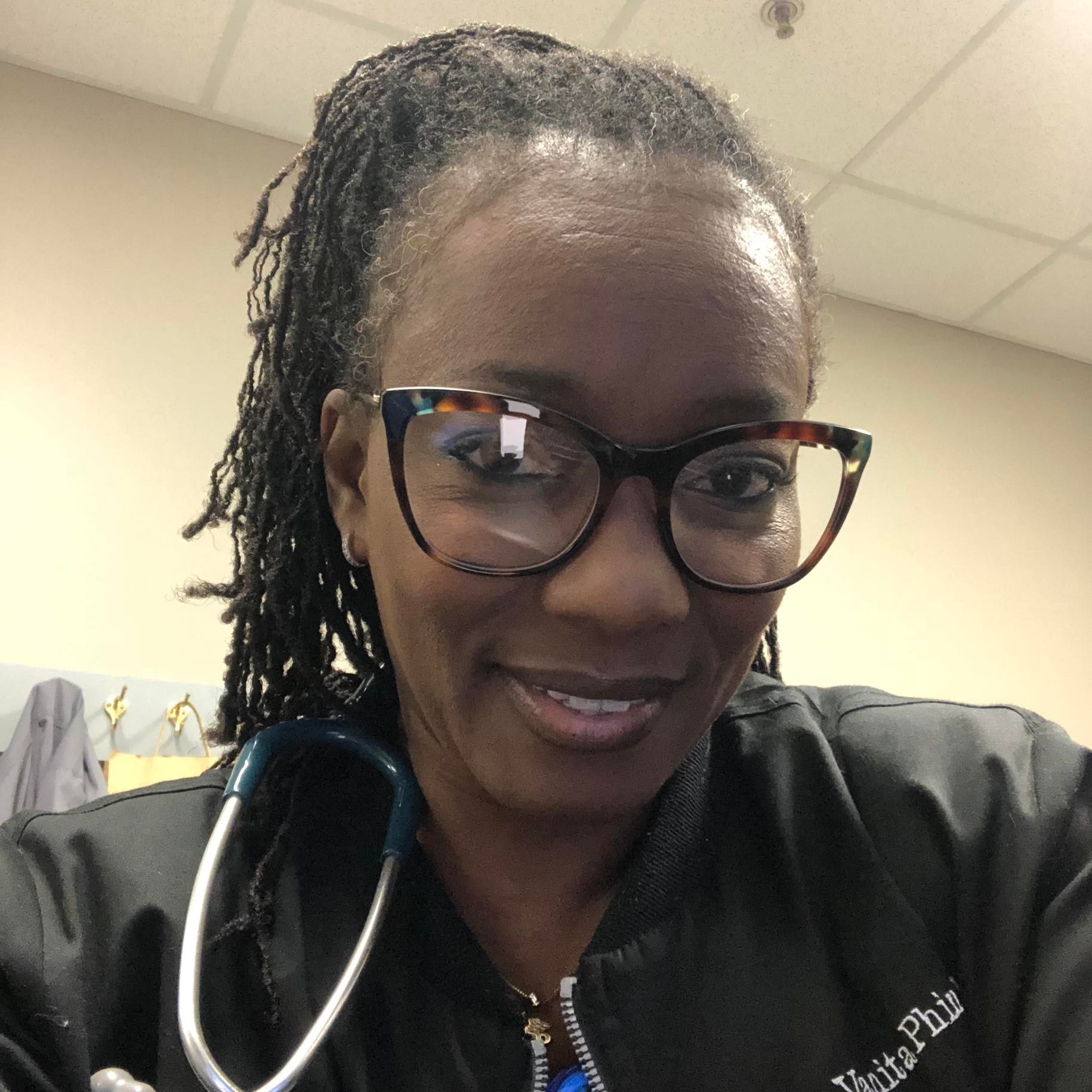

It’s officially Women’s History Month in the U.S. and Mississippi State University is hosting a slew of events to highlight the important contributions of women.
Vanita Phinisey, a family nurse practitioner at the OCH Regional Medical Center, is participating to talk about how women can better advocate for themselves when receiving or discussing medical care. She cared for her mother after she had a stroke in 2007 that left her unable to walk.
“I wanted to advocate for her. I don’t think she advocated well for herself in going to the doctor and getting her health seen,” Phinisey told reporters. “I wanted to make sure that people like my mom and people who look like me … really get seen. She’s still living. She’s totally disabled. And now, of course, I have to advocate for her.”
She recently spoke to members of the Starkville community in Mississippi as part of MSU’s “Women’s Health Care Throughout History.”
Phinisey used her time to reflect on how women like Florence Nightingale and Elizabeth Blackwell changed the medical industry for the better.
Florence Nightingale is known as the founder of modern nursing, while Blackwell was the first woman in the U.S. to receive a medical degree. She was also the first woman to serve on the Medical Register of the General Research Council for the U.K.
“She graduated first in her class in Geneva New York Medical School in 1849. The New York state medical association promptly censured the school. And when her sister Emily Blackwell applied, do you think she got in?” Phinisey said. “She was rejected.”
Phinisey then led a panel discussion on how her mother’s recovery influenced her career as a nurse. She was already a licensed provider when her mother fell ill, but the situation pushed her to go back to school to become a nurse practitioner.
“She wasn’t getting preventive care,” Phinisey said. “She wasn’t being looked on with concern or being acknowledged.”
She earned her master’s degree in 2011 and became a licensed NP in the state where she now sees patients at several clinics in the area. Phinisey said it’s important for her to make her patients feel seen and heard every time they come through her door.
“Everyone I treat is someone,” she said. “I think that this is somebody’s mother. This is somebody’s son. This is somebody’s grandmother. And it could be mine.”
She explained that unconscious bias can lead providers to make assumptions about a person’s condition based on their identity, which can lead to poor health outcomes and patients feeling neglected.
That’s why Phinisey will often accompany her family members to their medical appointments, especially her female relatives, to make sure they are getting the care they need.
“It’s very important to me that we do preventive screenings and take women’s issues as real,” Phinisey said. “When a man walks into an ER and says it feels like an elephant is sitting on his chest, we’ll say he probably is having a heart attack. When a woman says it, we’ll say it’s anxiety.”
She told the audience to advocate for themselves when seeking medical care. “Study and know your rights,” Phinisey said. “If you start challenging people on what you know… there’s going to be a difference.”
The university is holding two more luncheons on March 8 and March 22 as part of Women’s History Month.
In a shocking incident on December 4, 2024, Brian Thompson, the CEO of UnitedHealthcare, was…
In an unprecedented step toward financial relief and health equity, the city of St. Paul,…
In early November 2024, a shocking tragedy unfolded in Budapest, Hungary, as American nurse Mackenzie…
If Robert F. Kennedy Jr. were to assume leadership of the U.S. Food and Drug…
On November 1, 2024, federal authorities charged 38-year-old Rebecca Fadanelli, owner of Skin Beaute Med…
In a quaint little restaurant in Echo Park, an up and coming author is sitting…